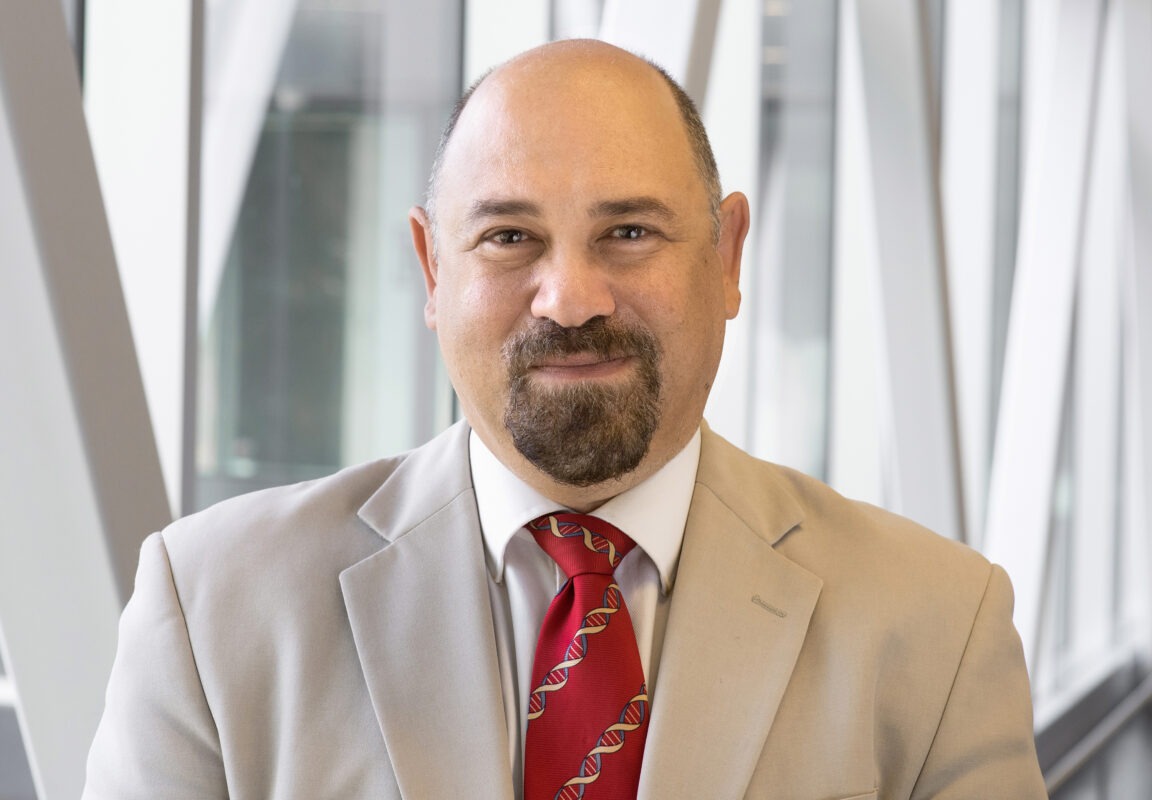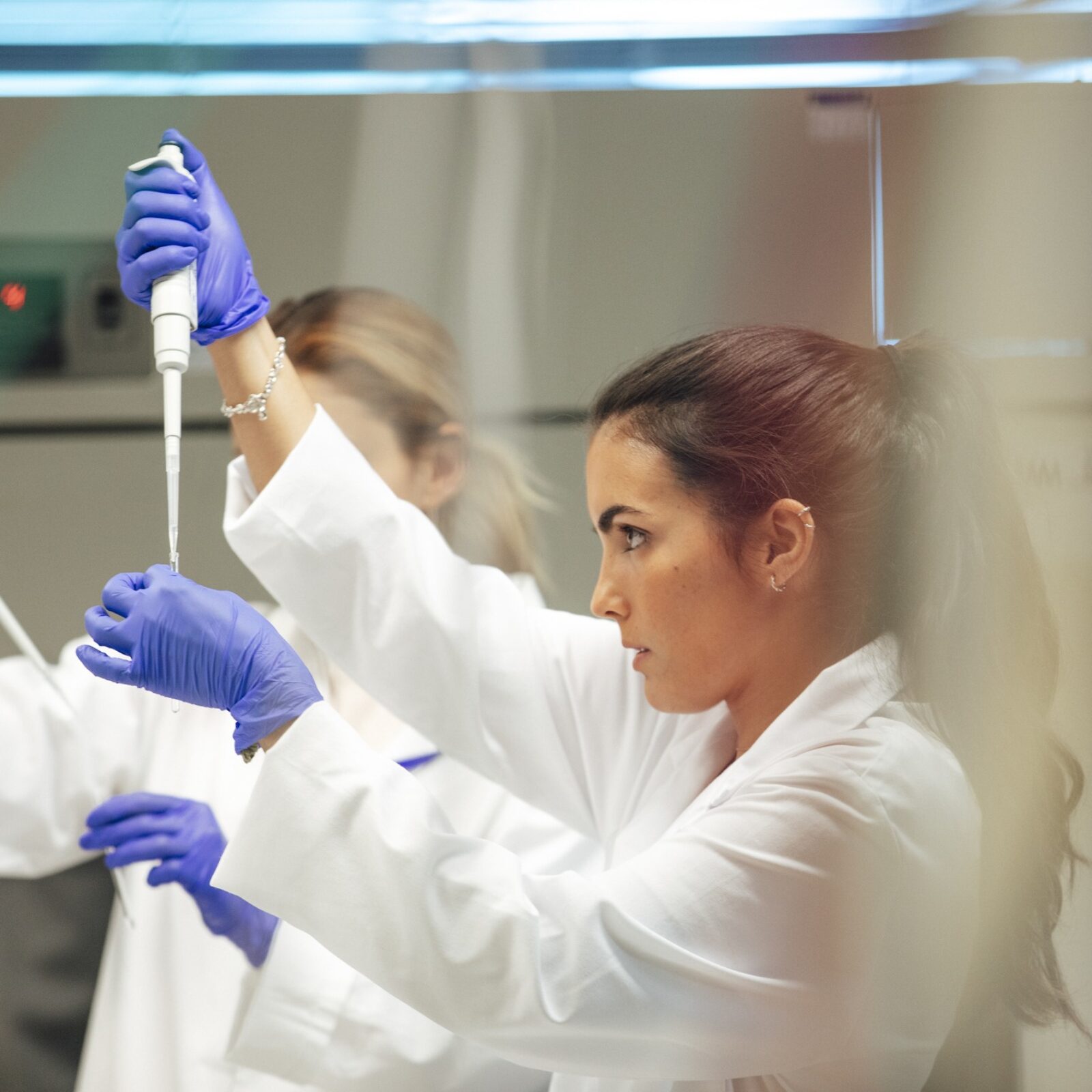
Titres
- Responsable de l’axe Cancer, Centre de recherche du CHUM
- Directeur scientifique de l’Institut du cancer de Montréal
- Professeur titulaire
- Chercheur au CRCHUM
- Chercheur membre à l’Institut du cancer de Montréal
Angle de recherche
Cancer et vieillissement
Équipe de laboratoire
Postdoctorat :
- Nhung Vuong
- Jordan Guillon
Étudiants :
- Marie Camille Rowell
- Stéphane Lopes
- Paloma Kalegari
- Ana Fernandez
- Sebastian Igelmann
- Tony Buffard
Publications récentes
- Hébert A, Parisotto M, Rowell MC, Doré A, Fernandez Ruiz A, Lefrançois G, Kalegari P, Ferbeyre G*, Schmitzer AR*. Phenylethynylbenzyl-modified biguanides inhibit pancreatic cancer tumor growth. Sci Rep. 2021 May 10;11(1):9854. *corresponding authors
- Saint-Germain E, et al. Phosphorylation of SOCS1 inhibits the SOCS1-p53 tumor suppressor axis. Cancer Res. 2019 79(13):3306-3319.
- Deschênes-Simard X, et al. Circumventing senescence is associated with stem cell properties and metformin sensitivity. Aging Cell. 2019 8(2):e12889.
- Lessard F, et al. Senescence-associated ribosome biogenesis defects contributes to cell cycle arrest through the Rb pathway. Nature Cell Biol 2018 Jul;20(7):789-799.
- Saint-Germain E, et al. SOCS1 regulates senescence and ferroptosis by modulating the expression of p53 target genes. Aging (Albany NY). 2017 Oct 28. 9(10): 2137-2162.
Page Pubmed
https://pubmed.ncbi.nlm.nih.gov/?term=ferbeyre&sort=pubdate&size=100&filter=simsearch2.ffrft
Adresse courriel pour le dépôt de candidature
Biographie
Le Dr Gerardo Ferbeyre est gradué de l’école de médecine à l’Université de la Havane, Cuba. Il a ensuite obtenu un Ph.D. de l’Université de Montréal en 1996. Il a été chercheur postdoctoral à New York dans le Cold Spring Harbor Laboratory où il a découvert de nouveaux mécanismes de suppression tumorale. Son laboratoire s’intéresse à la signalisation cellulaire et le cancer et à la découverte de nouvelles thérapies anticancéreuses.

Inscrivez-vous à notre infolettre
Merci, nous avons bien reçu votre inscription
Désolé, une erreur est survenue
